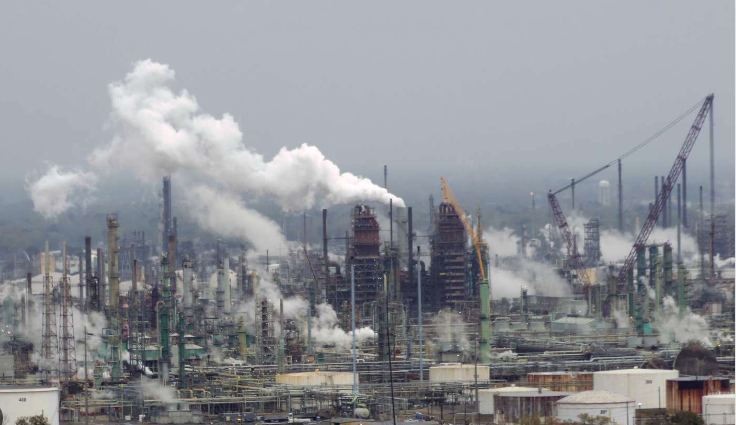The Dangote Refinery, situated in the heart of Lagos, is more than just a colossal edifice of industrial capability; it represents a landmark shift in Nigeria’s economic landscape. This ambitious project, spearheaded by Aliko Dangote, Africa’s richest man, heralds a new era of refining capacity that is set to bolster the quality and profitability of Nigeria’s crude oil.
A Game Changer for Nigeria’s Oil Industry
The Dangote Refinery is poised to be a game changer. Historically, Nigeria has struggled to harness the full potential of its abundant crude oil reserves, grappling with inadequate refining capacity and reliance on importing refined petroleum products. The establishment of the Dangote Refinery is a strategic leap towards reversing this narrative.
- Capacity: The massive facility boasts a refining capacity of 650,000 barrels per day, making it the largest single-train refinery in the world.
- Technology: State-of-the-art technology ensures efficient and environmentally friendly refining processes.
- Integration: The refinery is part of an integrated agro-industrial complex, positioning it to produce a variety of products ranging from gasoline and diesel to polypropylene and fertilizer.

Economic Impact and Local Benefits
The potential economic benefits of the Dangote Refinery are multifaceted, permeating various aspects of Nigeria’s economic fabric. The refinery is expected to create thousands of jobs, both directly and indirectly, reducing the alarming unemployment rate and spurring local economic growth. With the capacity to meet all of Nigeria’s domestic fuel demands, the country stands to save billions of dollars currently expended on fuel imports. By refining more of its crude locally, Nigeria can export higher-value refined products, enhancing foreign exchange earnings.
Technology and Sustainability
One striking feature of the Dangote Refinery is its embracement of modern technology and a commitment to sustainability. New-age refining technology reduces emissions and enhances efficiency. Moreover, by refining oil domestically, Nigeria can lower the environmental footprint associated with shipping crude oil abroad for processing.
Transitioning from being a raw material exporter to a producer of refined products encapsulates a significant step towards industrialization and economic maturity. The refinery also aligns with global sustainability goals, emphasizing energy efficiency and reducing wastage.
Catalyzing Growth in Other Sectors
The ripple effects of the Dangote Refinery extend beyond the oil sector. The availability of refined petroleum products at stable prices encourages growth in other industries such as manufacturing and transportation. By contributing to cheaper and more reliable energy supplies, the refinery paves the way for an uptick in domestic and foreign investments.
Furthermore, the production of by-products like polypropylene and fertilizer will stimulate local industries, from plastics manufacturing to agriculture. This diversification is pivotal for reducing Nigeria’s reliance on oil revenue and building a robust, multifaceted economy.

Challenges Ahead
While the benefits are promising, the journey ahead is not devoid of challenges. Regulatory landscapes, infrastructural bottlenecks, and fluctuating global oil prices pose potential hurdles. Nevertheless, with strategic management and supportive policies, these challenges can be mitigated.
Ensuring transparent and effective governance will be crucial in maintaining the refinery’s positive momentum. Additionally, continuous investment in maintenance and technological upgrades will prevent operational disruptions and ensure long-term success.
A Bright Future?
The Dangote Refinery stands as a beacon of progress in Nigeria’s oil sector, symbolizing the nation’s determination to transform its natural resource wealth into tangible economic growth. As the first barrels of refined products roll out, the positive impacts will be felt across various strata of society.
Indeed, the Dangote Refinery encapsulates a bold vision—a testament to what can be achieved with foresight, innovation, and unwavering commitment to national development. In the long run, it will not only enhance the value of Nigeria’s crude oil but also foster a more diversified and resilient economy, ensuring that the benefits reach every Nigerian.
With the right support, the Dangote Refinery can drive Nigeria into a prosperous, energy-secure future. One might even say, the sun is only just beginning to rise on Nigeria’s oil value and economic growth journey, shining brightly with promise and optimism.